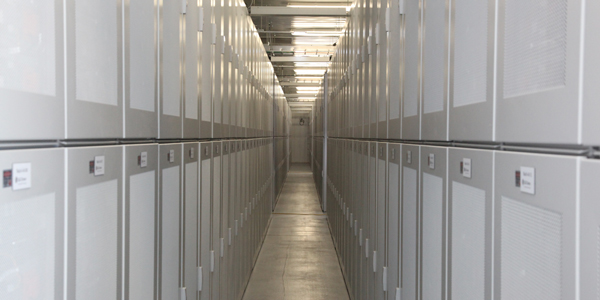By Hudson Sangree
FERC denied Southern California Edison’s proposal to treat its energy storage customers differently from its retail and wholesale ratepayers, ruling Thursday the move wouldn’t pass muster under the Federal Power Act.
In March, the utility asked FERC to revise its wholesale distribution access tariff to facilitate the interconnection of energy storage devices to its system and to deal with their ability to inject energy back into the grid.
SCE also sought permission to curtail delivery to storage customers before it reduced power to retail and other wholesale users during times of high demand. The company said the change was necessary to ensure grid reliability.
FERC disagreed, saying it would be unfair to treat storage customers differently without further studies and without giving them the chance to pay for system upgrades to ensure access to charging (ER18-1248).
“SoCal Edison’s primary basis for treating the interconnection customers at issue here differently is because it currently has no process for treating them the same, an explanation that does not satisfy the mandate of the FPA that an applicant support its proposed rate change as just and reasonable and not unduly discriminatory or preferential,” the commission wrote.
SCE told FERC that when it receives requests to connect energy storage devices to its distribution systems, it studies the discharge of energy from the storage devices into the system, just as it studies the injection of energy from a generator. A customer seeking to connect a storage device must pay the costs of system upgrades needed for injections, it said.
But the utility said it doesn’t review the effects of charging of storage devices. It explained that many of the circuits in its distribution system have limited capacity and that treating a storage device’s charging demands like wholesale and retail loads would require the company to study and recommend upgrades.
The commissioners said the utility’s assertion wasn’t sufficient.
“If SoCal Edison were to offer an interconnection customer the opportunity to be studied for potential system upgrades and the customer declines to do so, then it could perhaps be just and reasonable for SoCal Edison to curtail that interconnection customer’s load before other wholesale loads, but SoCal Edison does not propose such an approach here,” the commission said.
FERC accepted other components of SCE’s proposed revisions that took effect May 30 and gave the company 30 days from Thursday’s order to remove the rejected language from the tariff.




